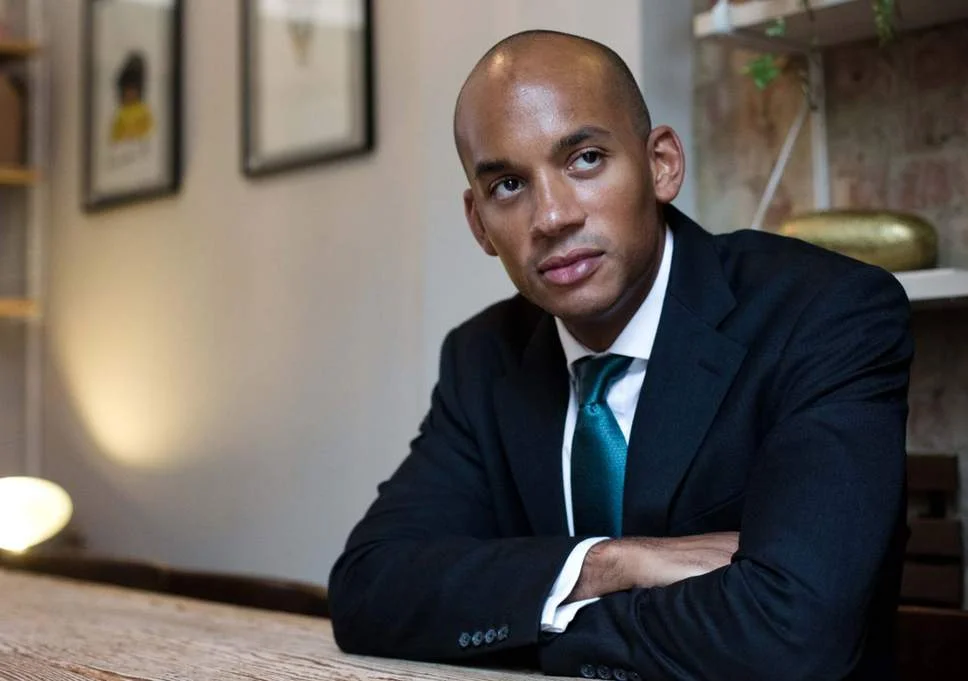Labour Breakaway is Latest Twist in Britain’s Disruptive Politics by Stephen Barber
British politics is far from dull at the moment. Theresa May’s government, defeated now 10 times in the House of Commons over Brexit, staggers on seemingly defying death. And what has been truly remarkable is that despite being comfortably the most inept administration for decades and led by a prime minister who barely has the confidence of her own party, the Conservatives have largely maintained a lead in the opinion polls over the opposition Labour party. One observation about that is that as politics has become more polarised, the phenomenon I reported on two years ago remains true: there has been a collapse in the centre ‘third’ party vote. The other observation is that most voters think Labour leader Jeremy Corbyn an unsuitable potential PM.
But at the very moment when Labour should be putting pressure on the Conservatives and presenting itself as a united alternative government, step forward seven MPs who have decided to quit the party and sit in the Commons under the banner of The Independent Group. Dismayed at the ultra-left position of the party’s leadership, its lacklustre position on Brexit (in particular how it has avoided backing a second referendum) and its apparent tolerance of anti-Semitism, these moderate MPs have stood up for something better.
Photo by Charlie Forgham-Bailey
As likely leader Chuka Umunna argued: ‘It is time we dumped this country's old fashioned politics and created an alternative which does justice to who we are today, and gives this country and politics fit for the here and now. For the 21st century, not the last one. So we have taken the first step in leaving the old tribal politics behind and we invite others who share our political values to do so too.’
The move naturally sparked comparisons with the ‘Gang of Four’, former Cabinet ministers who broke away from Labour in 1981 to form the Social Democratic Party. Then like now, it was dismay at an increasingly militant left wing takeover of the party and a real desire for realignment in British politics. The centre ground had been vacated as Margaret Thatcher’s government pushed decisively to the right.
The differences are also apparent. The Independent Group are not the ‘big beasts’ of British politics that Roy Jenkins, Shirley Williams, David Owen and Bill Rogers had been. They are not (yet) forming a new party. They will not contest by-elections.
Image by BBC
And yet the strategic dilemmas are familiar. Despite coming within 2% of Labour in the 1983 general election in Alliance with the Liberals, the electoral system meant the SDP won just 23 seats compared to Labour’s 209. How to realign in the face of first-past-the-post was never adequately addressed. Also, the SDP never really decided who it intended to replace. It came out of Labour but was electorally more successful in Conservative seats.
Some believe that the SDP was partly responsible for keeping Margaret Thatcher in power throughout the 1980s by splitting the Labour vote. So you might expect Theresa May to have a rare skip in her step today. You’d be wrong. I suspect she is not gloating.
Despite its attractiveness, only one Conservative MP ever defected to the SDP and that was the relatively anonymous Christopher Brocklebank-Fowler. In 2019 moderate Tories might not be so reticent.
Both Conservative and Labour parties have become the captives of their extremes. In the case of Labour it is the left-wing Momentum movement which now has control of the leadership and the party infrastructure as well as thousands of ordinary members. For the Conservatives this is embodied by the European Research Group (ERG), a band of right-wing Tory MPs led by Jacob Rees Mogg who have uncompromising views on demanding a hard Brexit. The beliefs of the ERG are now dominant in local constituency Conservative parties up and down the country. They know it will be one of theirs who takes over when May is finally despatched.
And these zealots in both parties have been trying to force the de-selection of moderates who must surely doubt the security of their own political futures. And so if the Independent Group is just a start, expect others to defect, including moderate Conservatives who have common cause in wanting to stop Brexit.
Stephen Barber (@StephenBarberUK) is Director of the MBA program at the University of Bedfordshire







